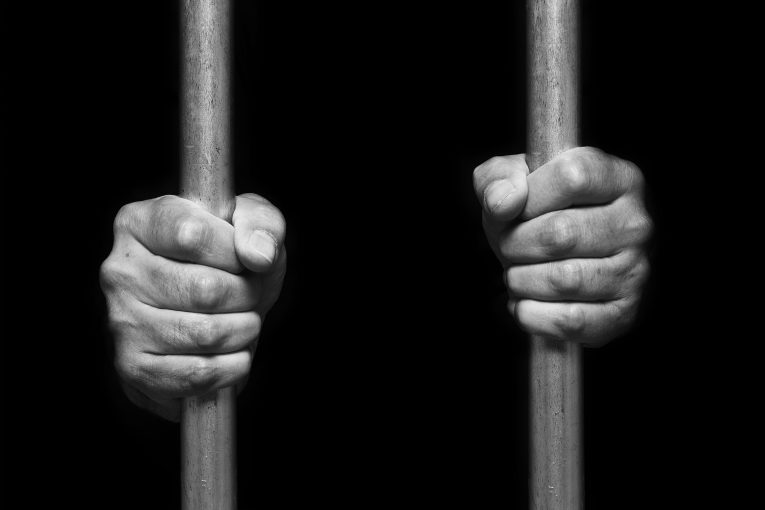
 By Ricky A. Ortega
By Ricky A. Ortega
Once convicted of first-degree murder with “special circumstances,” some enter the penalty phase of their trial for a jury of their peers to determine whether their lives are worth living. Sentenced to life without the possibility of parole, LWOP, these lives would be locked away behind prison walls with little hope of ever getting out.
Yet, like a tiny seed of self-worth planted in the hot desert soil of prison life, LWOP inmates take root by digging deep within and embracing change. This series of articles will take a closer look at those prisoners who roll up their sleeves to reinvent themselves from the inside out.
Vern Barker — 23 years into his LWOP sentence — made a crucial adjustment when he began to attend self-awareness groups. “I saw my first holding cell when I was 10,” said Barker. “Young and misguided, my influences were not positive. I was looking to get what I wanted, no matter the cost. As I got older, the rolls of money got bigger. But thanks to the self-help groups and the awesome people who sponsor them, I got me back. I’m more humble and have come to the realization I don’t want to hurt people anymore.”
Barker’s list of groups includes Self-Awareness & Recovery (SAR), Alcoholics Anonymous (AA), Narcotics Anonymous (NA), Realize, Lifer Support Group, and the American Bible Academy. His disciplinary history speaks volumes about the success of these groups — not a single write-up since 2007. “I’m most proud of this fact because I really want to better myself,” said Barker. “I think the most rewarding experience is in the Amends Project where my amends letter to John Simpson, his family, and his students was certified and processed through the correct channels.”
Barker is doing more than attending groups; he’s rebuilding his life around them and reaping the rewards of rehabilitation. “I want to lead by example, so that maybe the next person who isn’t on the right track can follow my lead,” he said. Barker has chosen the path of self-awareness over violence, despite the fact he may never be released from prison. Barker said, “I want to be accepted within my community, in prison or out. I didn’t like who I was, but I like who I am now and that is the most important thing, whether I’m in prison or not.”
Ivan Charles, serving an LWOP sentence for 38 years already, is no stranger to the insight curriculum. He has been a part of self-recovery since 2003 and has served as a facilitator for Criminals & Gangmembers Anonymous (CGA), AA, victim awareness, Power Source, Houses of Healing, and anger management. “I never felt like I was held accountable until I got into these groups,” stated Charles. “I came into prison with a chip on my shoulder; I was hurt and real angry. But I learned quickly how that was not going to change my sentence. The groups I was taking helped me think about the victims I created along my path of destruction.”
Charles reminisced about the turning point that changed his outlook on life. “It was the day in 1998 when I was able to make an amends video to the Mitchell family,” he said. “I was able to see firsthand what I had done to Darnell’s family. I’ll never forget the look in his daughter’s eyes when she told me that she has no memory of her father because of what I did, but that she forgave me. I will never forget those words. They have inspired me to this day to become a better person and to never bring harm to another human being. Although I can’t give that little girl her father back, I know that now I can give goodness to others in his memory.”
Thanks to the efforts of officials in the Department of Corrections and Rehabilitation, their commitment to restorative justice, and their illumination of offenders to the effects of their crimes, the availability of sentence commutations are helping LWOP inmates no longer be automatically condemned to die in a prison cell.
Once shackled to “the other death sentence,” they now choose to own up to their crimes and acknowledge the impact on their victims. Any loss of life can never be compensated, but through renewal and transformation perhaps emotional healing can begin, for victim and offender.
Originally Published in the Mule Creek Post
